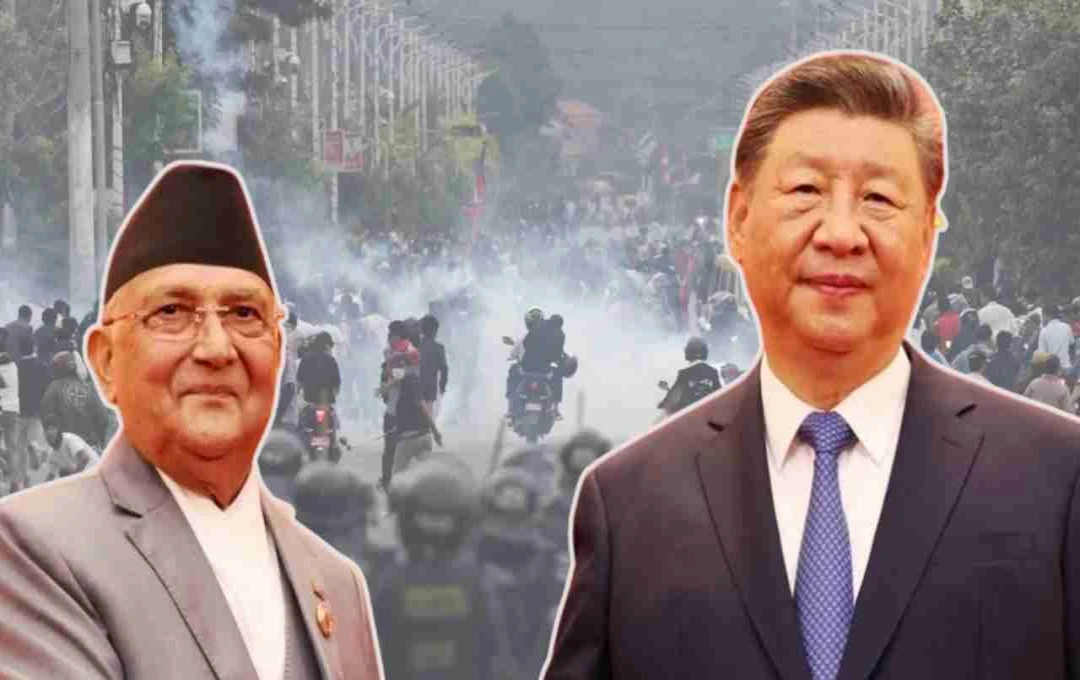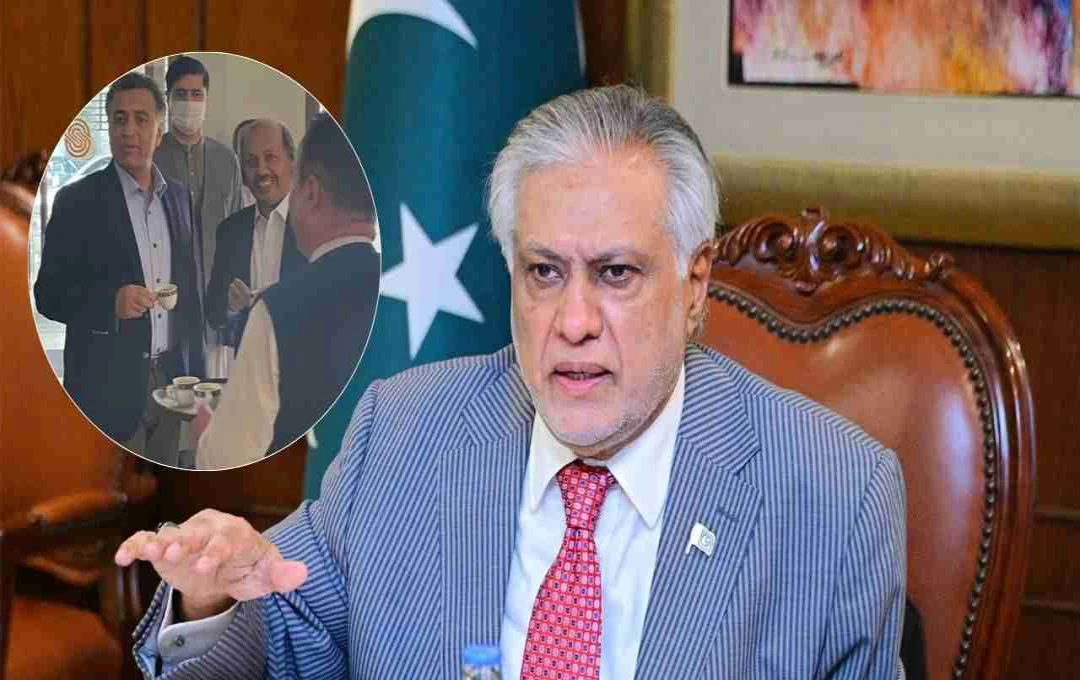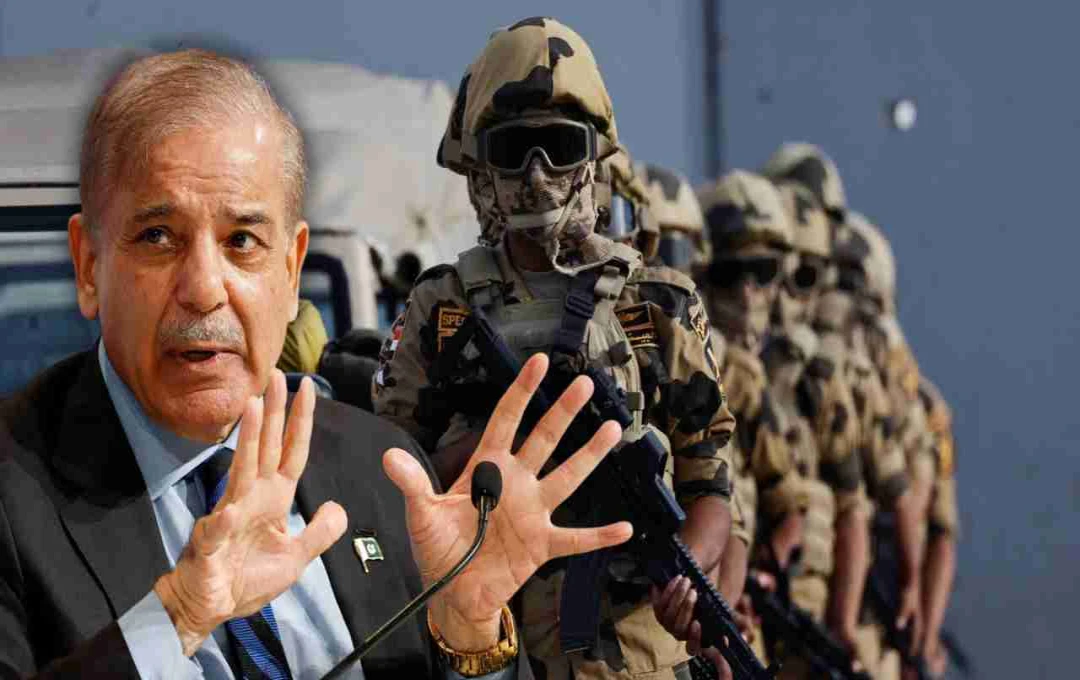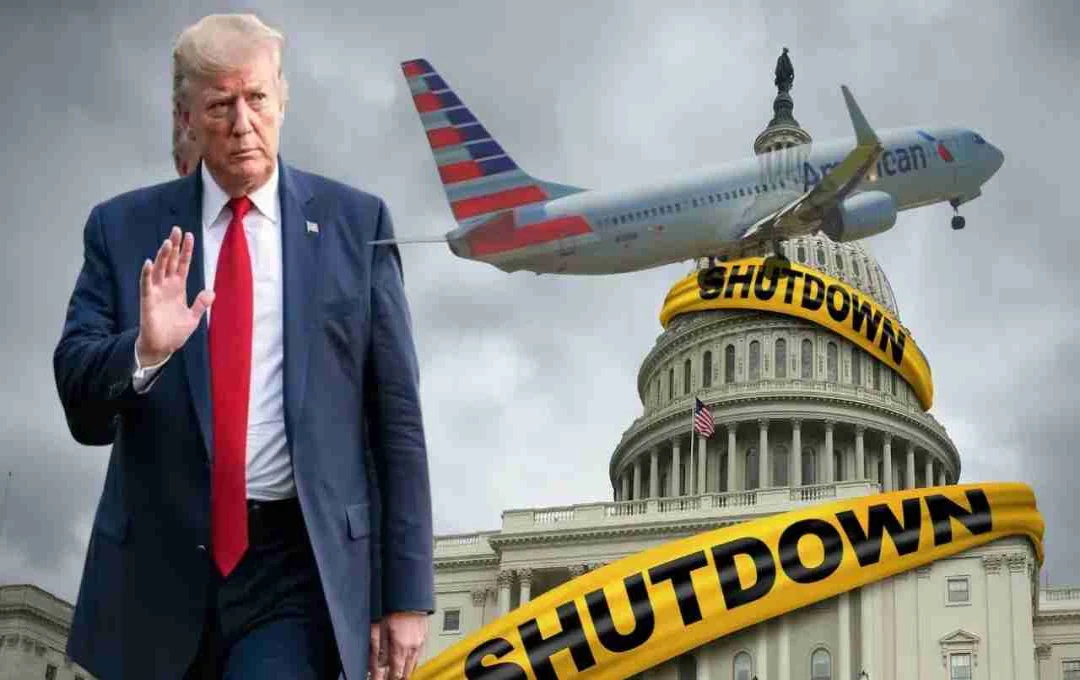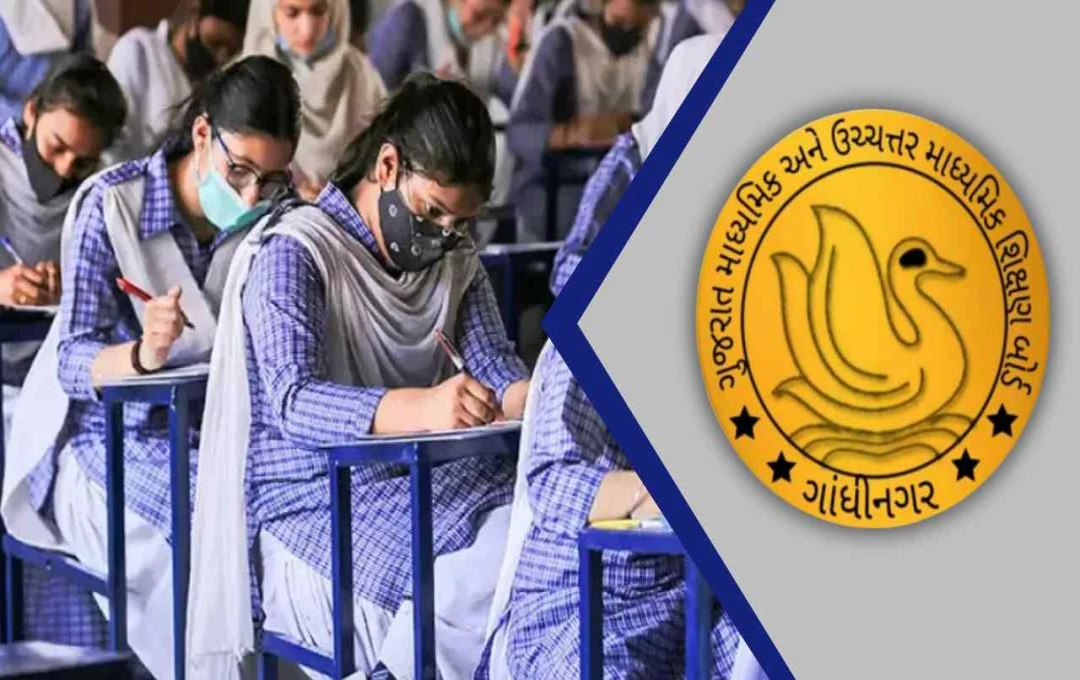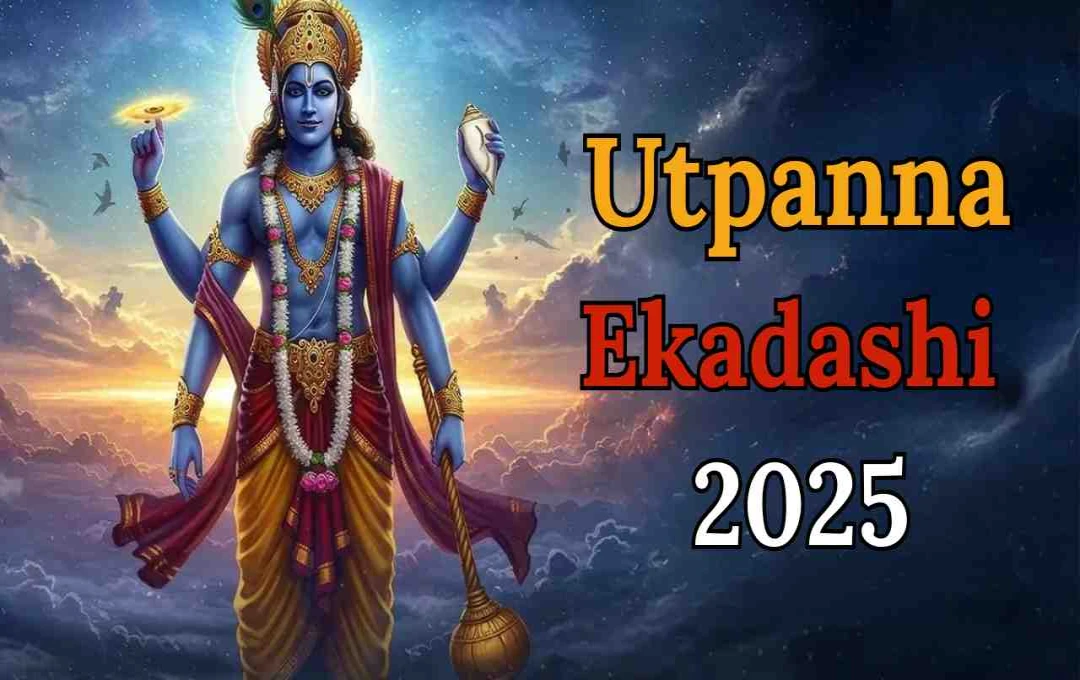Oli Resigns as PM Following Violent Gen-Z Protests in Nepal. China Issues First Statement, Urging Peaceful Resolution and Restoration of Social Stability.
Nepal Protests: The recently initiated Gen-Z protests in Nepal have escalated the political crisis to a serious level. The movement intensified from Monday due to corruption, restrictions on social media, and the discontent of the youth. Protesters set fire to Parliament, the Presidential Palace, the Prime Minister's residence, and government buildings in anti-government violence. This resulted in at least 19 deaths and several injuries.
Prime Minister K.P. Sharma Oli, who was considered a pro-China leader, had to resign from his post on Tuesday. The fall of Oli's government has further exacerbated political instability in Nepal. During this period, the army had to be deployed on the streets to control the situation.
China's First Statement
Amidst the violent situation arising in Nepal, China issued its first official statement. According to the Xinhua News Agency, China appealed to all parties in Nepal to resolve domestic issues in a proper and peaceful manner. China emphasized the need to restore social order and stability.
Chinese Foreign Ministry's Response
Lin Jian, spokesperson for the Chinese Foreign Ministry, stated during a media briefing, "China and Nepal have traditionally had friendly and cooperative relations. We hope that all sections of Nepal will handle their domestic affairs properly. We are confident that social order and regional stability will be restored in Nepal soon."
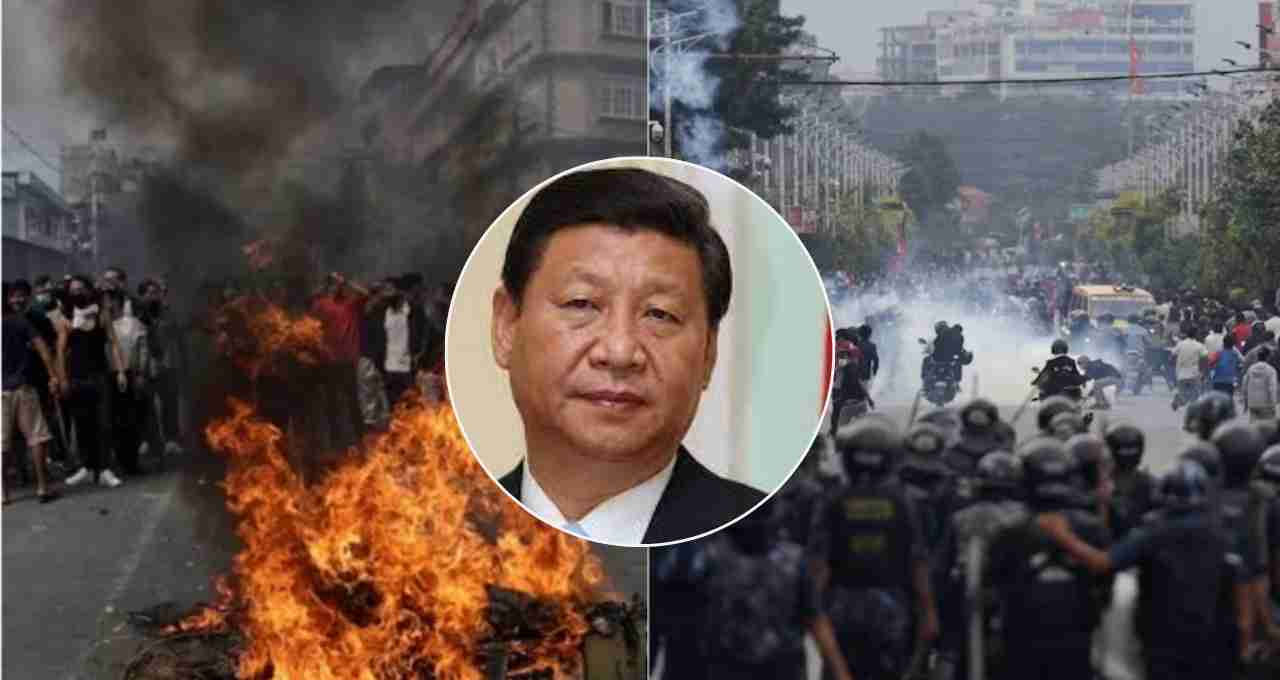
This statement did not mention Oli or his resignation in any way. This reflects China's cautious diplomacy, through which it aims to protect its influence and strategic interests from damage.
Background of Gen-Z Movement in Nepal
The Gen-Z movement in Nepal began against social media restrictions and corruption. The youth started protesting on the streets against corruption, government policies, and social media bans.
The situation deteriorated to such an extent that protesters set fire to Parliament, the Presidential Palace, the Prime Minister's residence, and government buildings. Local administration and police were unable to control the protesters. The escalating violence forced the army to intervene.
Oli's Closeness with China
K.P. Sharma Oli was considered a pro-China leader. He believed that by bringing Nepal closer to China, it would gain economic and strategic strength. Oli increased Nepal's participation in China's Belt and Road Initiative (BRI) project and maintained b relations between the two countries.
However, it remains to be seen whether China feels the need to make any changes to its Nepal policy after Oli's resignation. Although China did not directly name Oli, it indicates that it is evaluating the current situation and wants to protect its interests in Nepal.
Regional Impact of Instability in Nepal
The impact of political instability in Nepal is also being felt in India and other neighboring countries. Nepal's army has taken command, but reports of violence and protests continue. India has increased security on its borders, and caution is being exercised in contacting Nepali citizens. Local administration has appealed to Nepali citizens and people of neighboring countries not to venture out unnecessarily and to follow security instructions.
